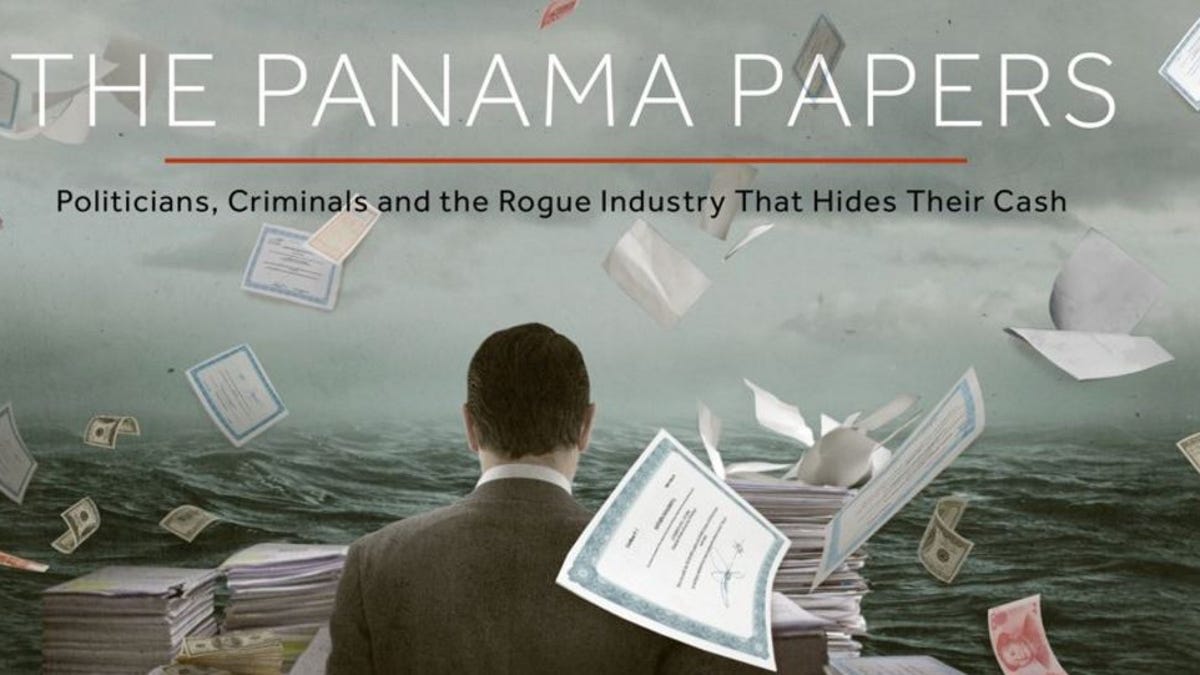Panama Papers source: Here's why I leaked the data stockpile
The leaker calls income inequality one of the "defining issues of our times" but doesn't reveal his or her own identity.

We still don't know who "John Doe," the pseudonym for the person who leaked 11.5 million documents detailing corporate tax shelters around the world, really is.
But on Friday we got a little closer to understanding why he or she leaked the information, known as the Panama Papers because they came from Panama tax law firm Mossack Fonseca. The short answer: to reveal corruption.
The source gave a written statement to the International Consortium of Investigative Journalists and the German newspaper Süddeutsche Zeitung, the news organizations that led the effort to analyze and report on the cache of documents.
"Doe" wanted to shed light on why income inequality between the haves and have-nots of the world has grown, "despite countless speeches, statistical analyses, a few meager protests, and the occasional documentary," according to the 1,800-word statement.
On top of this explanation, "Doe" wrote that the ability of law firms and other organizations to hide information on widespread corruption is coming to an end.
"[W]e live in a time of inexpensive, limitless digital storage and fast Internet connections that transcend national boundaries," "Doe" wrote. "It doesn't take much to connect the dots: From start to finish, inception to global media distribution, the next revolution will be digitized."
The documents have already had a wide-reaching effect. After news stories based on the papers spotlighted the ways politicians and the superwealthy have hidden money in offshore accounts -- which can't be taxed by governments or assessed by banking regulators -- a slew of high-profile leaders had to face the music. Iceland Prime Minister Sigmundur Davíð Gunnlaugsson resigned, UK Prime Minister David Cameron faced criticism and protest, and Russia President Vladimir Putin accused journalists of trying to destabilize his government.
The source's statement comes as the International Consortium of Investigative Journalists prepares to put online a searchable database of information on more than 200,000 offshore entities for the public to search. The database will be available Monday, June 9, the organization said earlier this month in an announcement.

